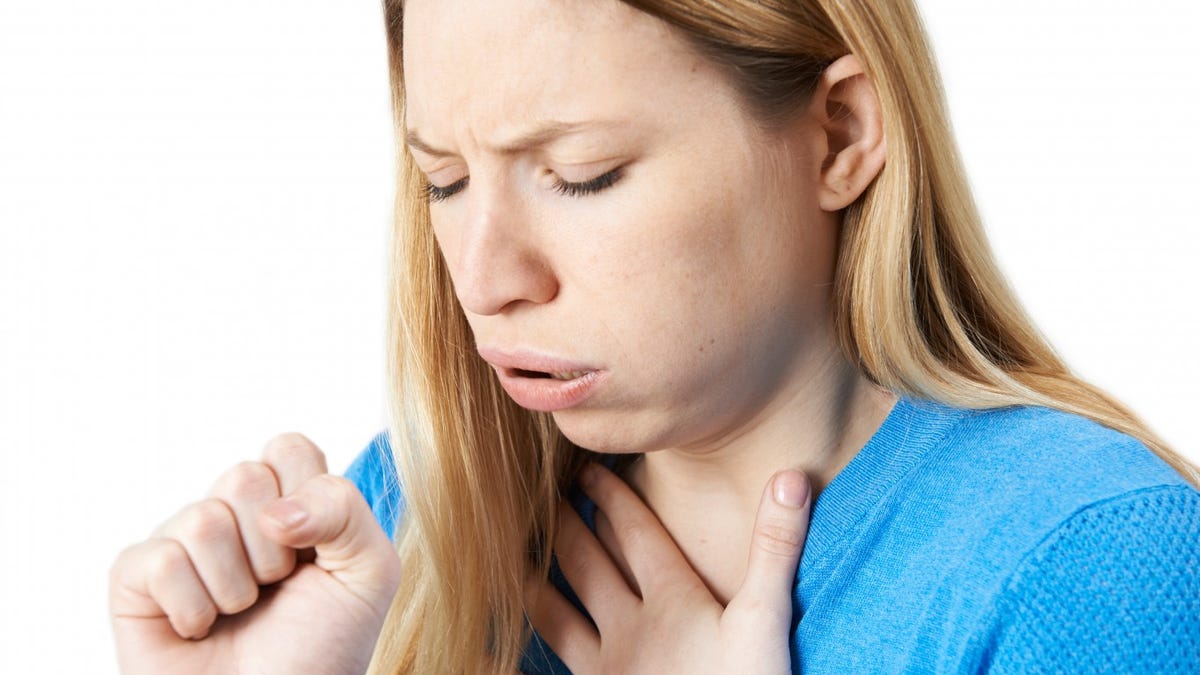Cases of Whooping Cough Are Increasing: Here’s What You Need to Know.
Whooping cough, a highly contagious and preventable seasonal illness, is causing growing concern. Characterized by severe coughing fits, difficulty breathing, and a distinctive high-pitched “whoop” sound during inhalation, this infection, medically known as pertussis, can be extremely distressing.
Luckily, whooping cough can be prevented through a series of vaccines, specifically the DTaP vaccine for infants, which protects against Diphtheria, Tetanus, and Pertussis. Older children and adults typically receive a slightly modified version known as TDaP. Both vaccines are effective in warding off the illness.
However, recent data from the Centers for Disease Control and Prevention (CDC) indicate that vaccination rates against this disease have declined, leading to an uptick in whooping cough cases. Dr. Jason Nagata, a pediatrician at UCSF Benioff Children’s Hospital in San Francisco, highlights that the increasing rates of this illness is particularly concerning due to its potential severity in infants.
Understanding Whooping Cough
Whooping cough is an extremely contagious bacterial infection that can affect individuals of all ages, but it poses the greatest risk to infants and young children. It predominantly targets the upper respiratory system, causing severe, prolonged coughing that may last for weeks or even months. According to Nagata, these coughing spells can briefly impede breathing and are often followed by a “whooping” sound as the person gasps for air.
One reason infants are particularly vulnerable is that they cannot receive their first vaccine until they are at least two months old. Infants can contract the disease from parents, caregivers, or older children before completing their vaccine series. Nagata notes that infants are at a heightened risk for severe complications, leading to hospitalization in about half of cases. Tragically, approximately 20 infants in the U.S. die from whooping cough yearly, according to the CDC.
While older children and adults might experience less severe symptoms than infants, “whooping cough is still incredibly unpleasant,” emphasizes Dr. Andrew Pavia, director of the hospital epidemiology program at Intermountain Primary Children’s Hospital in Salt Lake City.
Adults and teenagers with the infection can face interruptions in their daily routines, including work and school, along with complications such as pneumonia, extreme discomfort, and painful coughing fits that could cause vomiting, choking, or even broken ribs, Nagata explains.
Before the onset of severe coughing fits, affected individuals often deal with milder symptoms for a week or two, resembling a common cold—such as a sore throat, runny nose, or mild fever, according to Dr. Beth Natt, chair of pediatrics at Atlantic Health System’s Goryeb Children’s Hospital in New Jersey.
What Causes Whooping Cough?
Pavia identifies the bacteria responsible for whooping cough as Bordetella pertussis, and a closely related organism called Bordetella parapertussis.
The illness spreads when an infected person coughs or sneezes, releasing tiny droplets containing the bacteria into the air. These droplets can be inhaled by those nearby. Once inside, the bacteria attach to the airway linings and release toxins that cause tissue damage, leading to inflammation and excess mucus production, resulting in the characteristic severe coughing, according to Nagata.
Compounding the issue, the infection is highly contagious, and people can transmit the bacteria for weeks, often without realizing they are infected.
How to Prevent Whooping Cough
Preventing whooping cough begins with good hygiene practices, such as regular handwashing and keeping hands away from the face. It’s also crucial to maintain distance from others when unwell.
Nevertheless, the most effective prevention method, as Natt advises, is to ensure that parents, caregivers, and anyone in close contact with infants is vaccinated with the TDaP vaccine.
Pavia also emphasizes the necessity of getting vaccinated against whooping cough, underscoring that children, especially infants, should receive the vaccine as soon as they are eligible. “Pregnant individuals should also receive the TDaP vaccine during each pregnancy to protect their newborns for the first few months of life,” he adds.
If you or your child contracts whooping cough, Nagata stresses the importance of prompt treatment. “Antibiotics are generally prescribed to curb the spread of the infection, although they won’t alleviate the cough itself,” he notes. To manage symptoms and aid recovery, ensure ample rest, avoid irritants, consider age-appropriate pain relievers like ibuprofen, stay hydrated, and utilize a cool-mist humidifier.
Consult a healthcare provider if prolonged coughing leads to vomiting, difficulty breathing, or if a “whooping” sound is heard when inhaling. In such cases, medical professionals can monitor breathing, clear airways, and provide fluids to help prevent dehydration.

